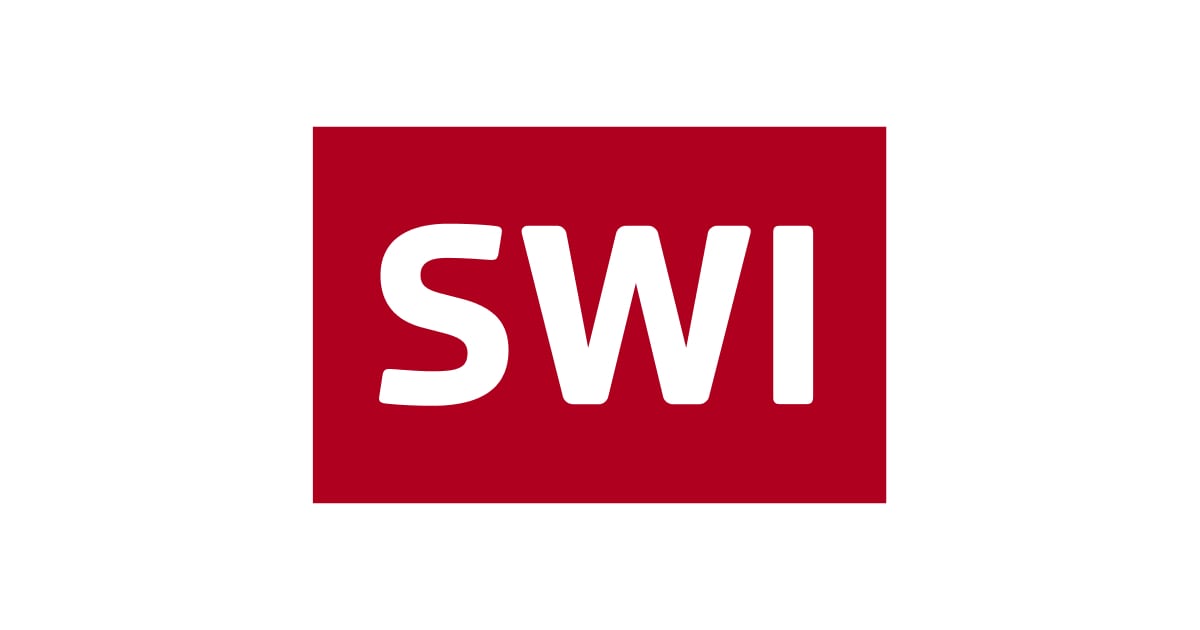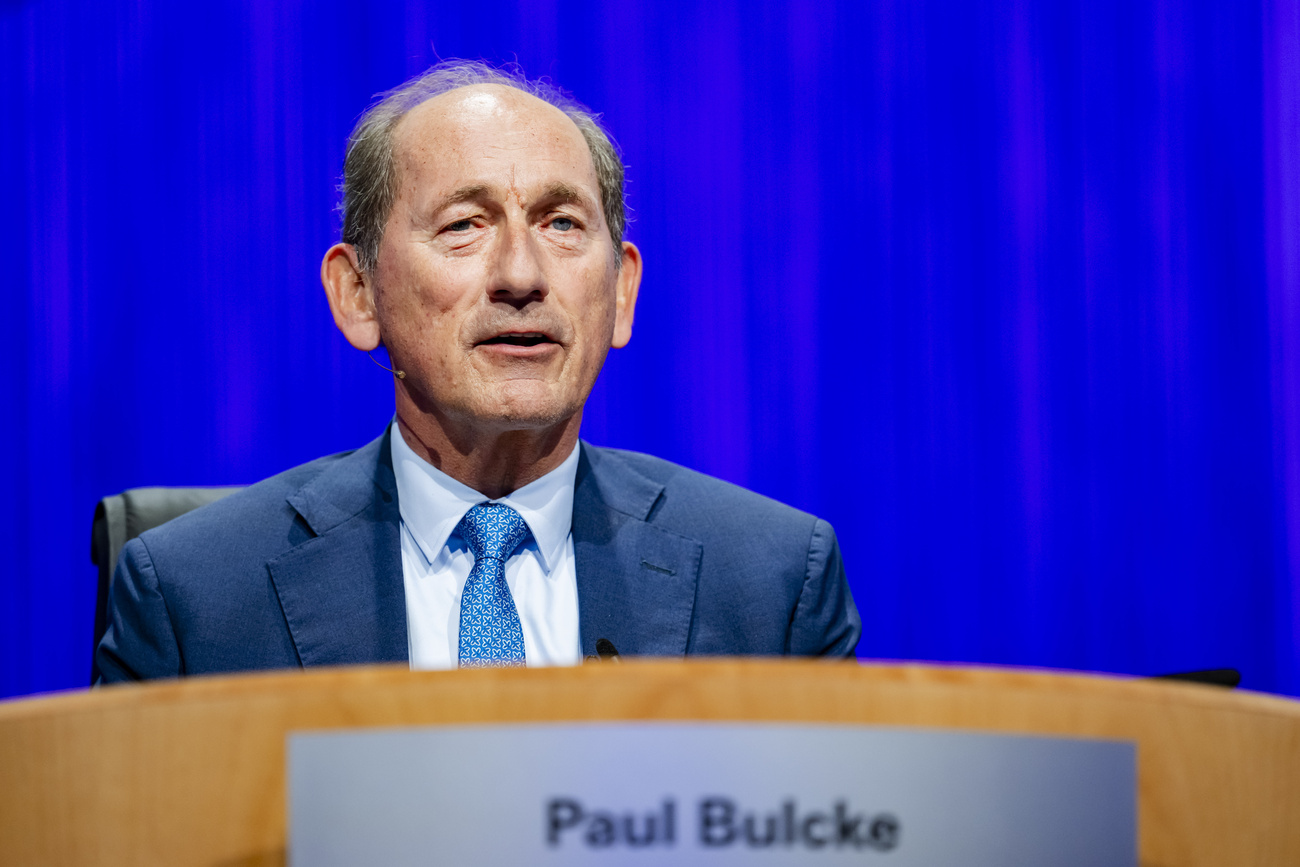
UBS Should Have 7 Years to Phase In Capital Rules, Swiss Say
(Bloomberg) — Switzerland’s government formally proposed giving UBS Group AG seven years to fully comply with higher capital requirements, confirming previous guidance.
The biggest banks in Switzerland, most notably UBS, should “provide full capital backing for their participations in foreign subsidiaries,” the government said in a statement on Friday when presenting a draft law.
That capital, measured as CET1 ratio, should be at 65% once the law takes effect and subsequently rise by 5 percentage points annually until the metric hits the 100% target, according to the statement.
The current Swiss proposals — assembled after the Credit Suisse rescue in early 2023 — include the foreign subsidiaries backing and other less important changes, which could end up increasing the capital demands on UBS by as much as $26 billion, according to some estimates. The bank has strongly criticized the plans and it’s seeking to convince Switzerland to water them down.
“We strongly disagree with the proposed increase in capital requirements, which is excessive, misaligned with international practices and does not fully account for the lessons learned from the collapse of Credit Suisse,” a spokesperson for UBS said in a statement on Friday.
If the planned reforms are adopted in their current form, “the de-facto minimum CET1 ratio requirements for UBS would be at least 50% higher than the average across global systemically important banks,” the spokesperson said in the statement.
The Swiss government had said it intends to introduce a phase-in period ranging between six to eight years when it first announced the plan to demand full capital backing for UBS’s foreign units earlier this year.
Uncertainty over how much in additional capital UBS will ultimately need to hold, and how quickly it will have to build it up, has been weighing on the share price. Investors are concerned the lender’s payouts may suffer as a result.
The phase-in for the capital requirements would kick off when the law enters force, which is not expected before 2028 since parliament has to agree. There’s also the possibility of a plebiscite. That means full capital backing for foreign subsidiaries is unlikely to be required before at least 2035.
UBS has been examining options to mitigate the effect. Those range from technical measures to optimize its businesses to more fundamental shifts, such as moving its domicile, people familiar with the matter have said.
Friday’s publication of the draft law initiates a consultation period during which UBS and other stakeholders can officially comment on the plans. The period will last until Jan. 9, according to the statement.
The Swiss financial regulator Finma has already signaled support for introducing the tougher requirements over a number of years. Long lead-times are common in financial regulation as a way to avoid disruption.
(Adds UBS statement in fifth paragraph.)
©2025 Bloomberg L.P.




































